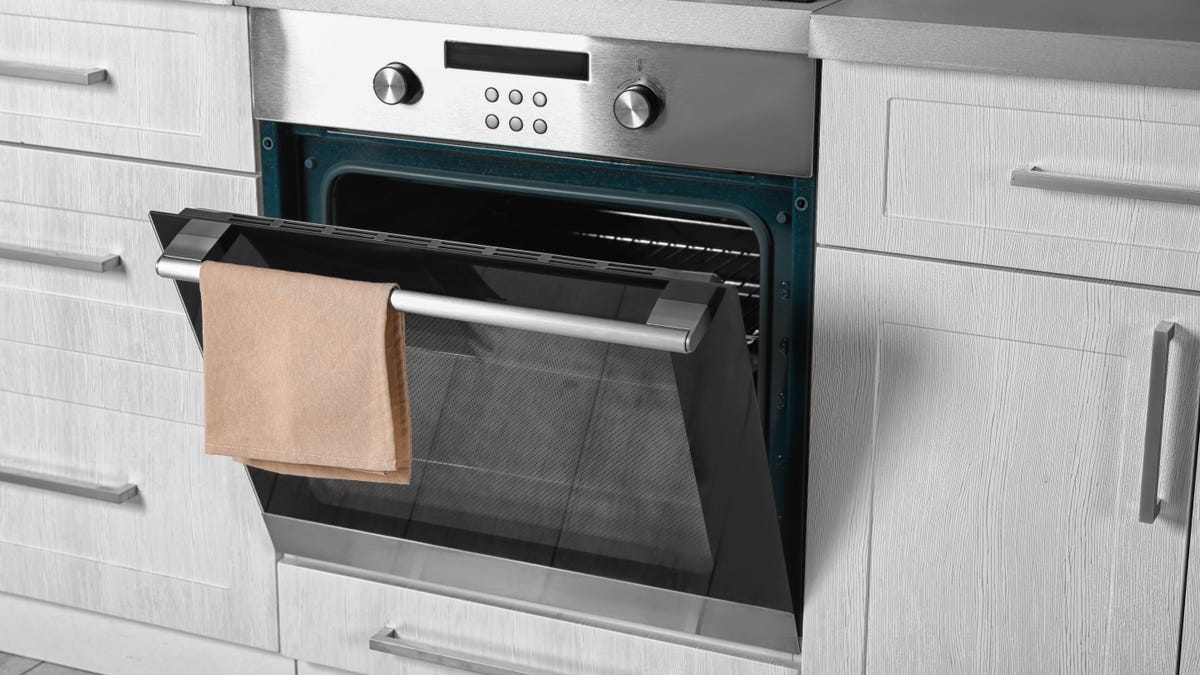Here's What Happens to Your Crypto When You Die
One of the most appealing aspects of your crypto wallet is that no one can get in it. In the event of your passing, however, that advantage becomes a major hitch. Dying without clear instructions in place for what...


Photo: tungtaechit (Shutterstock)
One of the most appealing aspects of your crypto wallet is that no one can get in it. In the event of your passing, however, that advantage becomes a major hitch. Dying without clear instructions in place for what will happen to your cryptocurrency—or how your heirs can even access it—is tantamount to letting it disappear. Standard methods of passing on your assets are complicated by the privacy factors built in to digital currencies. Here’s what to know about what happens to your crypto assets when you die, and what you can do to plan ahead while you’re alive.
What makes passing on digital currencies so complicated
Crypto poses a unique challenge when it comes to estate planning, largely because of how digital currencies are kept safe: Crypto is stored in a virtual wallet that can only be accessed with a private key (basically a super complex password). This remains true even after you die.
Your crypto won’t be treated like money in your bank account. Instead, it’s treated like a probate asset (meaning it has to go through the legal and court-driven process of distributing your estate). Unlike other assets that you might leave in your estate, crypto exists only in virtual form, and is encrypted. When you die, there’s no one centralized authority (like a bank) to help your heirs access your account. The only way to get into your wallet is to possess your private key.
Your instinct might be to simply record your private crypto key for your loved ones right in your will—but this means compromising the benefits of encryption. After you die and your will goes through probate, it becomes a public document, so leaving your key in your will is a major risk—your beneficiary would need to make sure to move the assets out of the wallet before your key becomes public knowledge. Once you’re gone, that’s hard to guarantee.
G/O Media may get a commission

15% off
ASYSTEM - Immunity+
Bruce Wayne-inspired
The supplement works best when used on a daily basis, but pop an extra when you’re feeling sick to activate your immune response.
Use the promo code INVENTORY15
There’s also risk when it comes to the old school method of writing your crypto key down on a physical piece of paper; a bad actor could find it and get into your wallet while you’re alive, too. As Time puts it, crypto estate planning requires striking a, “delicate balance between security and accessibility.”
The features that keep digital currencies so secure during your life are exactly what make them inaccessible to your loved ones after your death. So where does that leave you?
Steps you can take to pass on your crypto assets
Even though traditional estate-planning presents some difficulties, there are steps you can take now to prepare your loved ones to access your crypto wallet after you die.
1. Name a beneficiary for your crypto assets in your estate plan. As with any other physical asset, you need to list out who is getting what—and where they can find it, and how they can access it.
2. Thoroughly document where your crypto is stored. Whether your assets are stored in a custodial account on a crypto exchange or can be found offline in a cold wallet, your beneficiaries need to know where to find your assets.
Here are some best practices according to Kiplinger:
3. Decide where to document this information. True, we pointed out the risks to recording your private keys in your while or on a piece of paper. But if there is to be any hope of your loved ones accessing your digital assets, you’ll have to accept some measure of risk. You may consider incorporating all of this information in your estate plan and entrusting it to an attorney, as well as keeping copies of the documents in a physical safe deposit box.
The bottom line
The crypto landscape is ever-changing, and the burden is on you to make sure your heirs can access your crypto after you’re gone. The alternative is that your assets essentially die with you. If you’re hoping to leave digital currencies to your loved ones, you need to create clear instructions to ensure that they’re not locked out of your wallet for eternity.

 UsenB
UsenB 































